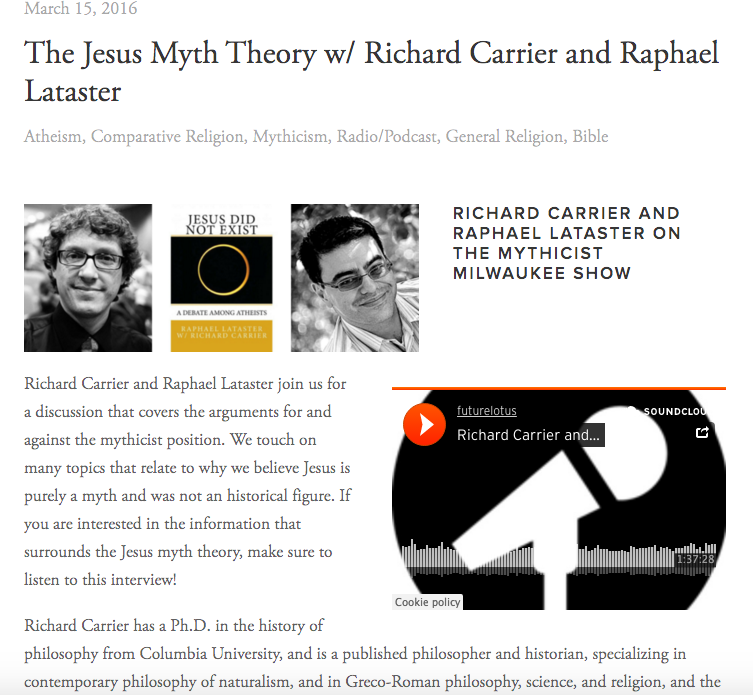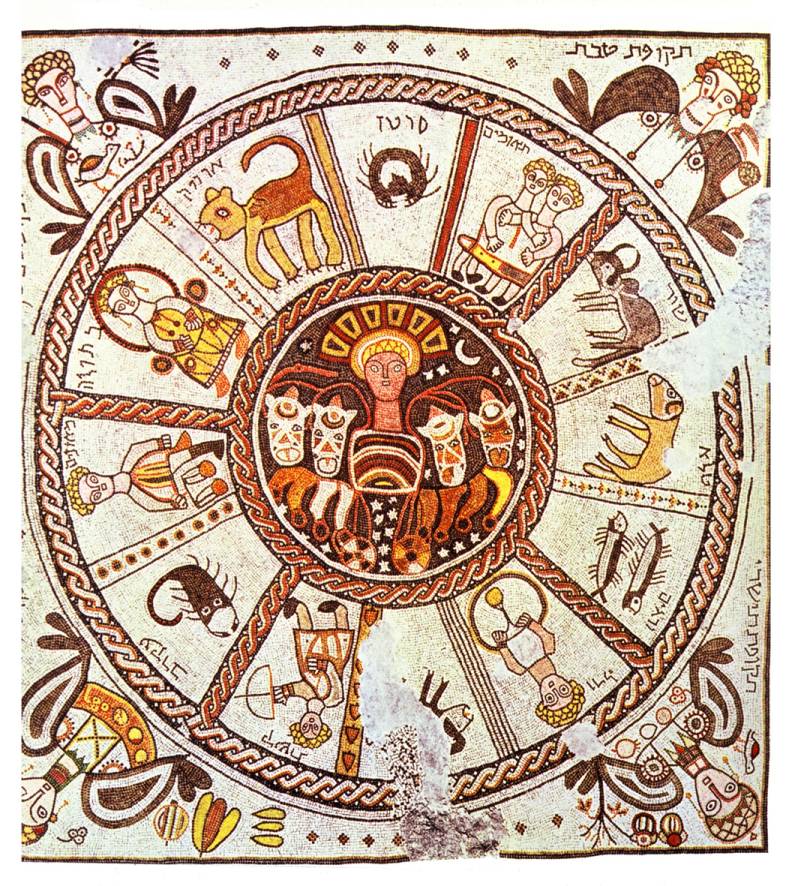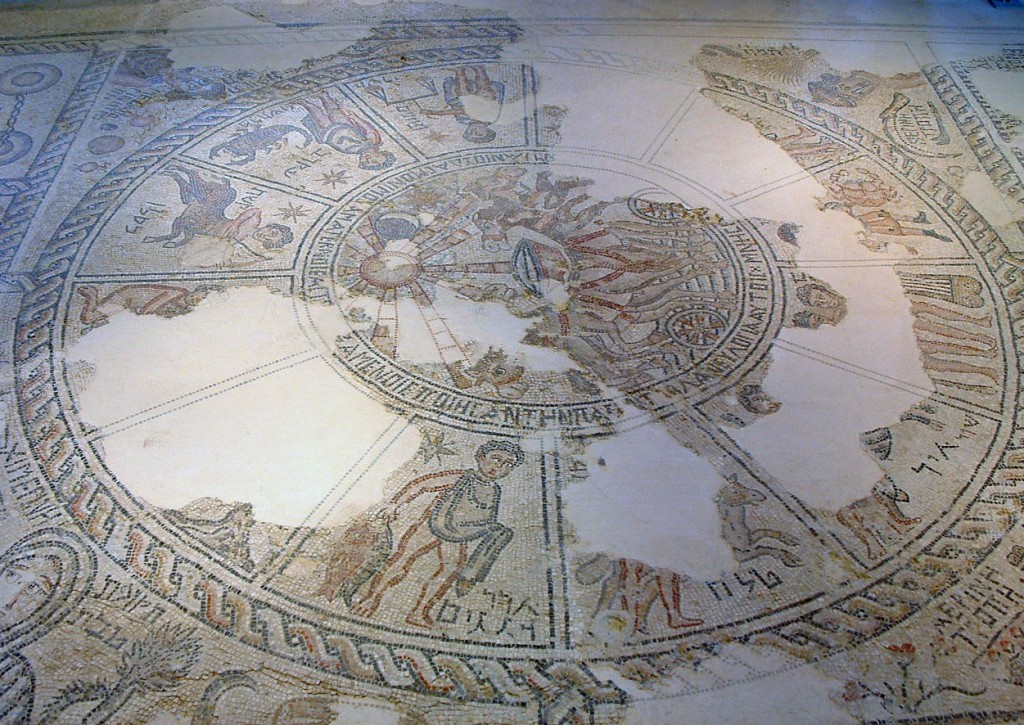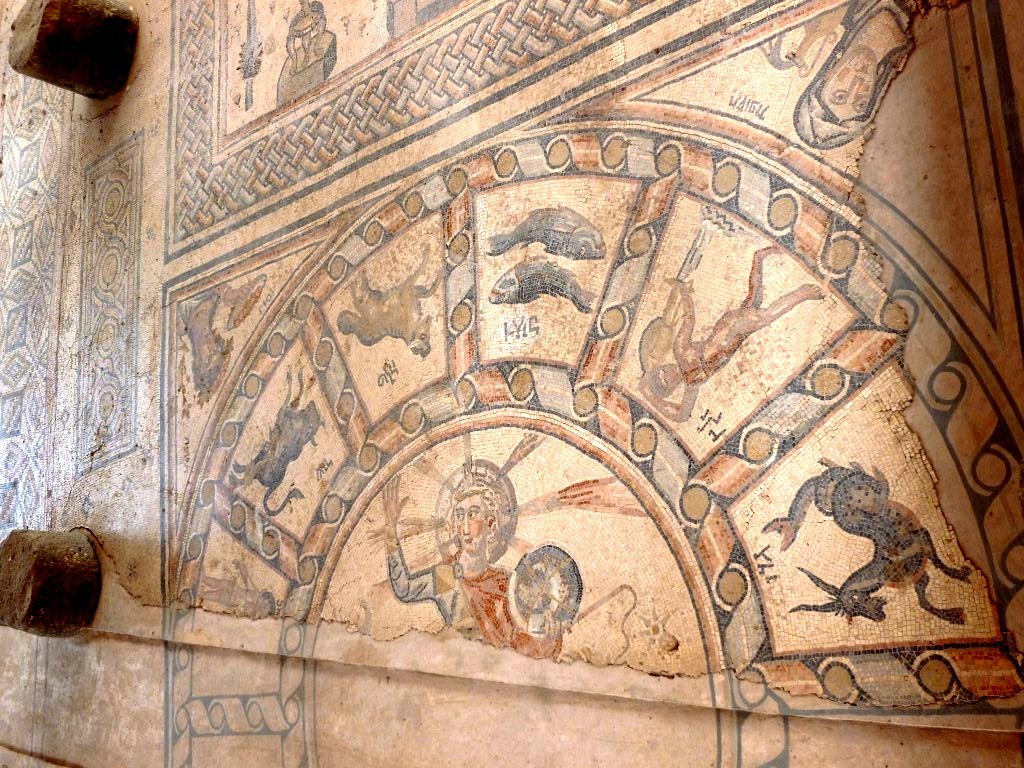
Michael Kok is addressing the arguments for and against Q on his blog where he explores the “history and reception of New Testament writings”. In his latest post he raises the question of whether Luke knew Matthew’s account of the baptism of Jesus. Unfortunately his comment policy does not encourage responses from outsiders hence this post.
My own view is that Q is too easily dismissed with assertions like “it is only a hypothetical document” and “Occam’s razor suggests Luke knew Matthew” without actually investigating the arguments in its favour. The questions debated by those who are more aware of the arguments also can often by narrowly focused; historical inquiry ought to begin with a clarification of the broader context of the evidence being evaluated.
I argue below that an anti-Marcionite agenda explains well the differences between Matthew’s and Luke’s baptism scenarios.
Before comparing the Gospel of Luke with anything it is worth clarifying what we understand by that Gospel and the scholarship surrounding its genre, its development and its appearance in the historical record. If we find the arguments of Joseph Tyson plausible then we begin with the probability that our canonical gospel emerged in two stages: first a proto-Luke; followed by a heavily redacted treatment of that earlier document to give us our Luke-Acts. Tyson does not dispute Q, by the way, and his model does have “Luke” use Q and Mark, but at the same time he brings together a wealth of other scholarship relating to the question of Luke’s development and emergence in the record that is of relevance to Kok’s discussion.
It is relatively uncontroversial to suggest that an early form of the Gospel of Luke began at 3:1, which has been described as “a very good place to begin a gospel”:
In the fifteenth year of the reign of Tiberius Caesar, Pontius Pilate being governor of Judea, and Herod being tetrarch of Galilee, and his brother Philip tetrarch of the region of Ituraea and Trachonitis, and Lysanias tetrarch of Abilene . . . .
This is also the place where Marcion’s gospel began. Marcion’s gospel did not include the John the Baptist narrative, however. The opening verse was followed with Jesus’ entry into the world (probably starting at Capernaum) preaching the gospel.
Although the “tradition” of the Church Fathers held that Marcion’s gospel was a mutilated form of the Gospel of Luke we really don’t know whether or not the original form of Luke contained the baptism episode. The “proto-orthodox” had a motive for arguing Marcion deleted the passage; Marcion had a motive for arguing his gospel was the original one. (One can explore more deeply the related evidence on either side at this point but I am skimming the surface of the argument for the sake of a relatively short blog post.)
If the subsequent stage of the Gospel of Luke was indeed an anti-Marcionite embellishment (as Tyson and several other scholars have argued) — and the evidence for this canonical version of Luke only makes its appearance after the mid-second century — then it is surely safe to conclude on chronological grounds that the “canonical redactor” did indeed know of the Gospel of Matthew.
Further, it is surely relatively safe to think that our redactor had an interest in shaping the baptist scenario to rebut Marcionism.
The question to ask then is whether canonical Luke functions as an anti-Marcionite document, and in particular to ask whether the treatment of Jesus’ baptism functions the same way. If so, does the suggested political context (anti-Marcionite) explain Luke’s differences from Matthew’s baptism scenario?
I think a case can be argued that they do indeed. Continue reading “Scrutinizing the Case for Q: Why Luke Sidestepped the Baptism of Jesus by John”




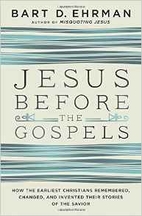 Nearly a year ago, while reading Bart Ehrman’s blog,
Nearly a year ago, while reading Bart Ehrman’s blog, 